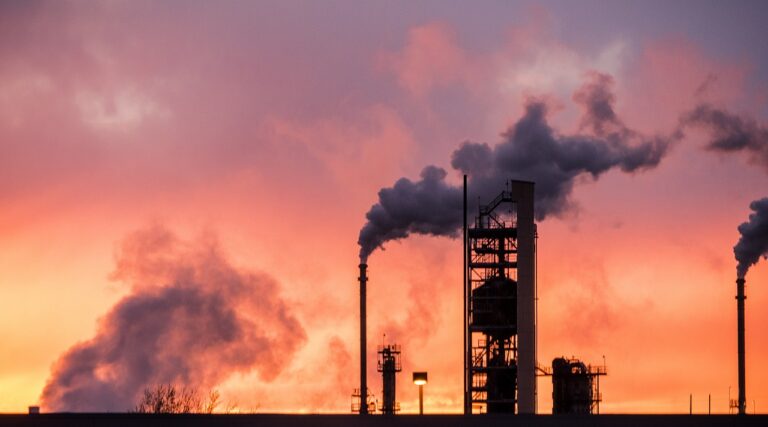Just Energy Transition – No One Left Behind
In recent decades, we have experienced some of the extreme effects of climate change, like severe storms, prolonged droughts, rising sea and ocean levels, loss of biodiversity, more health risks, poverty, and displacement. All of these pose a threat to humanity. The severity of these effects can be mitigated by changing our practices and putting people and communities at the center of the solutions, thus the call for a Just Energy Transition. This concept goes beyond the phasing out of coal-fired plants and involves the assessment of the socio-economic, environmental, and geopolitical impacts that come with the transition.
This research aimed at providing an actionable framework for a transition that is based on actual work with communities and case studies to show the implementation of the process. The main objective was to ensure that, through the Just Energy Transition, a low-carbon economy is achieved in a fair and inclusive manner for everyone and provides opportunities for decent work while leaving no one behind. With particular consideration is given to indigenous and vulnerable groups that are often not consulted in these developments.
This project involved desk research on existing transition case studies and identifying gaps while also identifying how “just transition” is defined and assessed for multiple frameworks. One of the important focus areas of the study was on the Pacific Island countries to identify major economic changes that are currently happening that would affect energy use and the energy mix. As a result, comprehensive data has been organized in spreadsheets about existing Just Transition studies, energy transition, and plans for 74 countries.
